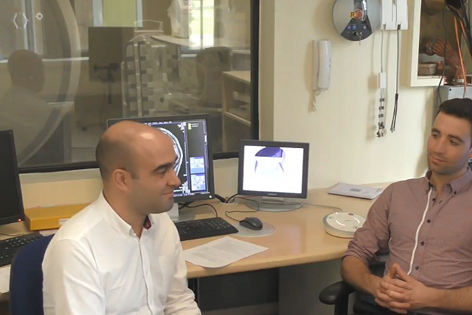Speaking more than one language can, quite literally, change the structure of your brain. But what happens, why does this happen, and what implications might this have across our lifetimes from a health perspective?
What happens and why
As someone learns a new language, it effectively becomes ‘active’ in their mind, ready for use at a moment’s notice, alongside the existing language. However, this co-activation of the two (or more) languages creates a constant state of competition which has to be resolved if one is to successfully understand or produce the appropriate language in a given setting. The process of resolving this competition over and over again causes the brain to adapt to better handle the demand of controlling and processing the multiple (active) languages. Furthermore, these brain adaptations happen in regions and pathways of the brain that are also involved in general attention, inhibition, and higher-order thought processes, which, together, are termed the ‘executive functions’. As their use increases, these brain regions and pathways change in size, shape, and structural integrity. As our brains adapt to handle these demands, this process of controlling the two languages gets more efficient and automatic, and this is thought to have a generally positive knock-on effect on these ‘executive functions’.
Across the lifespan
It has been suggested that the lifelong experience of controlling multiple languages results in tangible benefits later on in life. There have been suggestions in scientific literature that bilingual individuals experience the onset of dementia 4 years later than their monolingual peers, on average. With an aging global population it is important to test these claims further, which could potentially inform language policies around the world, promote language learning, and, in turn, result in people leading longer and healthier lives.
How we study it
The experience of learning and using an additional language is a highly unique experience to each person who goes through it. Similarly, the adaptations of the brain (structurally and functionally), will also be tailored to a person’s experiences as it strives to be as effective as possible at handling both languages. The Bilingualism in the Brain Lab at the University of Reading is working to better understand a) the experiences within bilingualism which drive these changes in the brain and mind, b) how they are modulated through time, and c) what effects this has on the ageing brain.
Current projects
One of our ongoing projects examines the effects of bilingualism in ageing and dementia, and we are looking for both monolingual and bilingual participants, aged 60 and above. If you, or any of your friends or family members fit the age criteria and would like to contribute to and participate in our research, please contact Toms at toms.voits@pgr.reading.ac.uk for more information.
A conversation with the Bilingualism in the Brain Lab
Want to know more? Watch this interview with the Bilingualism in the Brain Lab on Bilingualism Matters@Reading ‘s youTube channel:




